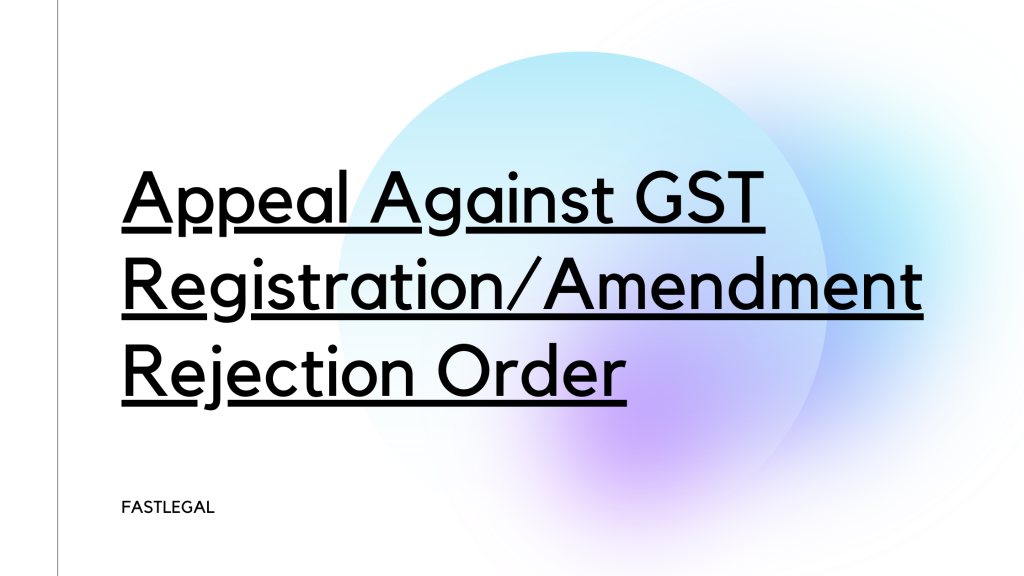In India, MSME (Micro, Small, and Medium Enterprises) registration is crucial for businesses to avail of various benefits provided by the government. The Udhyam Registration Portal is an online platform that simplifies MSME registration. This step-by-step tutorial will guide you through the process of MSME registration on the Udhyam portal.
Step 1: Access the Udhyam Registration Portal
Visit the official website of the Udhyam Registration Portal by typing the URL https://www.udhyamregistration.gov.in into your browser’s address bar. Once the website loads, proceed to the next step.
Step 2: Create a New Account
On the Udhyam Registration Portal’s homepage, click on the “New User? Register here” button. Enter the necessary details such as your name, email address, mobile number, and password. After filling in the required information, click on the “Register” button to create your account.
Step 3: Verify Your Mobile Number and Email Address
After registering, you will receive a verification link on your email address and an OTP (One-Time Password) on your registered mobile number. Verify both your email address and mobile number by clicking the verification link and entering the OTP respectively.
Step 4: Provide Business Information
Once your account is verified, log in to the Udhyam Registration Portal using your registered email address and password. On the dashboard, click on the “MSME Registration” tab. Fill in the necessary details about your business, such as the name, type, PAN (Permanent Account Number), location, and contact information.
Step 5: Enter Bank Details and Business Activity
After providing your business information, proceed to enter your bank details, including account number and IFSC code. Additionally, specify the main economic activity of your enterprise by selecting the appropriate NIC (National Industrial Classification) Code.
Step 6: Upload Documents
To complete the MSME registration process, you need to upload certain documents. This includes your Aadhaar Card (for Indian citizens)/ Passport (for foreign citizens) as proof of identity, and PAN Card of the business owner. Make sure to have these documents ready in the required format (PDF/JPEG).
Step 7: Submit Your Application
Double-check all the information you have provided, ensuring its accuracy. Once you are confident that everything is correct, click on the “Submit” button to send your MSME registration application.
Step 8: Download the Certificate
After the submission, you will receive an acknowledgement number. Keep this number safe for future reference. The concerned authorities will review your application, and upon approval, you will be able to download your MSME registration certificate from the Udhyam Registration Portal.
Benefits of MSME Registration in India
Now that you have completed the MSME registration process, it’s important to understand the benefits it brings. Here are some advantages of MSME registration in India:
- Access to Government Schemes: MSME registration allows businesses to participate in various government schemes, such as loans at lower interest rates, subsidies, and grants.
- Credit Facilities: Banks and financial institutions provide easier access to credit for MSMEs, thanks to government initiatives like the Credit Guarantee Fund Trust for Micro and Small Enterprises (CGTMSE).
- Tax Benefits: MSMEs can avail of multiple tax benefits and rebates offered by the government, including exemptions under the Goods and Services Tax (GST) regime.
- Business Promotion and Support: Registered MSMEs receive support in the form of assistance for training, market access, technology upgrades, and more. Government initiatives help promote and market MSME products and services.
- Protection against Delayed Payments: The MSME Development Act safeguards businesses by ensuring faster resolution of disputes regarding delayed payments from buyers, thereby improving cash flow.
- Enhanced Credibility: MSME registration enhances the credibility of a business, especially when dealing with various stakeholders, including suppliers, customers, and financial institutions.
Remember, maintaining accurate and up-to-date information is crucial for availing these benefits. Regularly update your MSME registration details on the Udhyam Registration Portal as your business evolves.
Congratulations on completing the tutorial and understanding the benefits of MSME registration in India.






